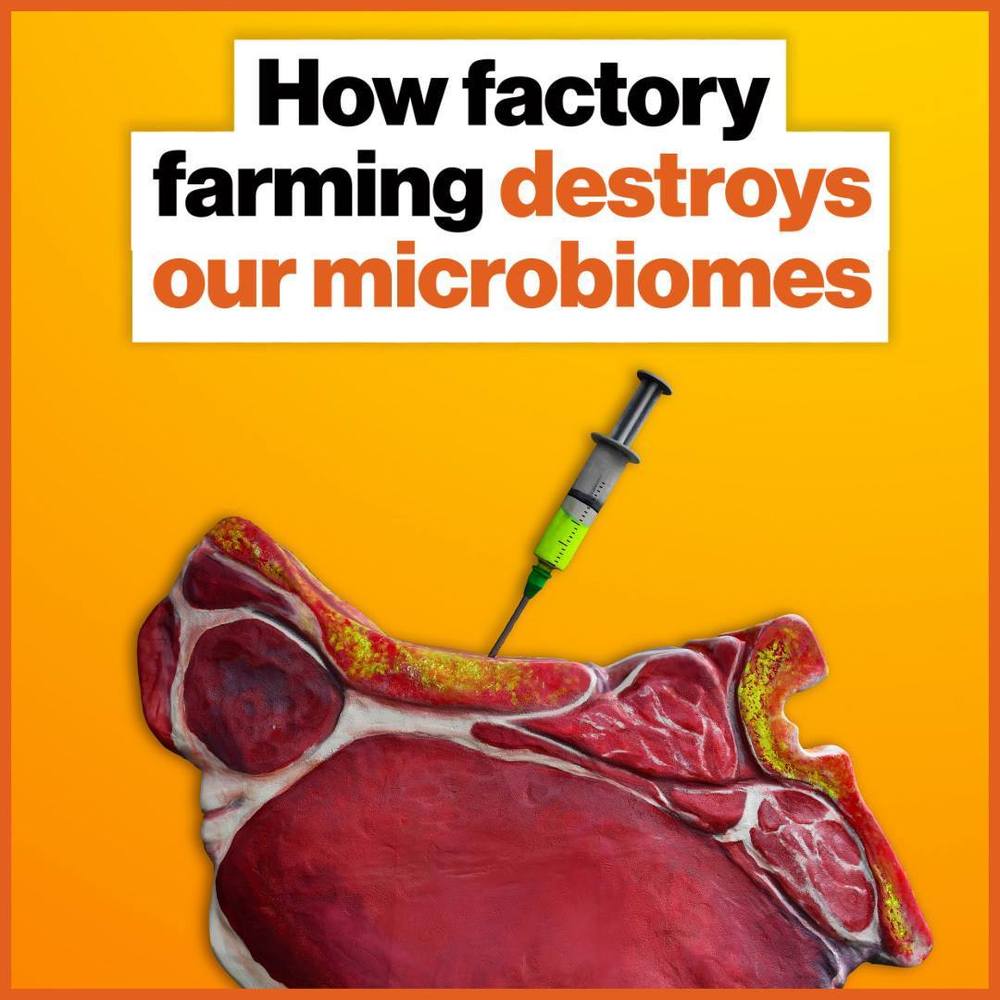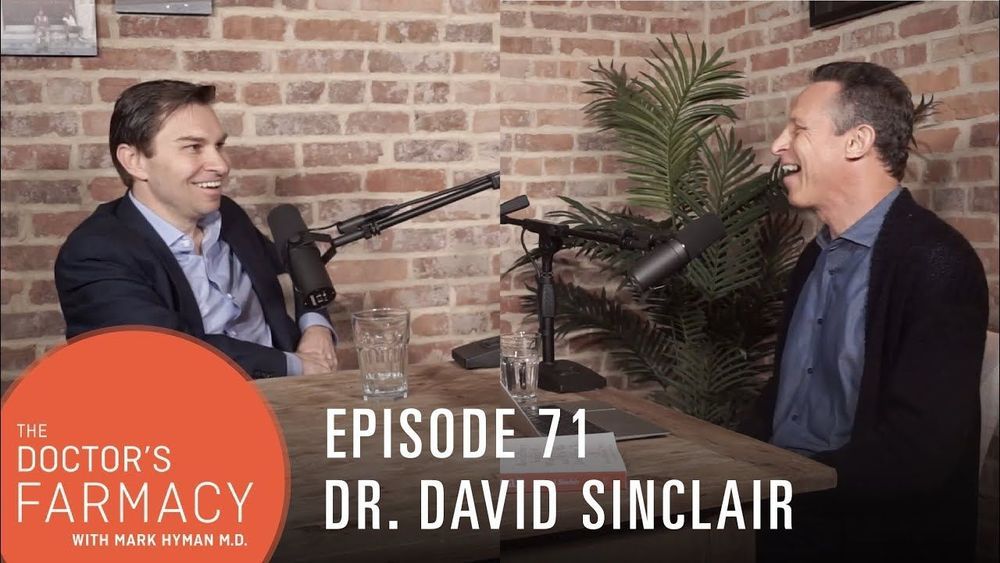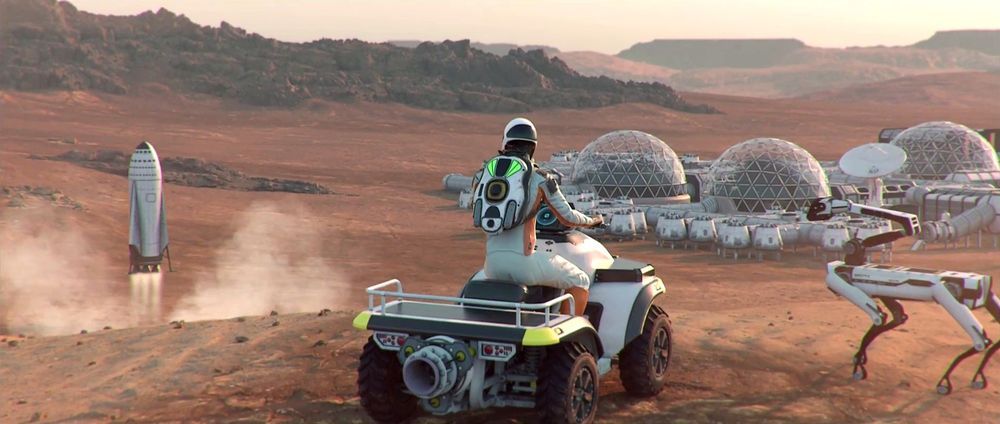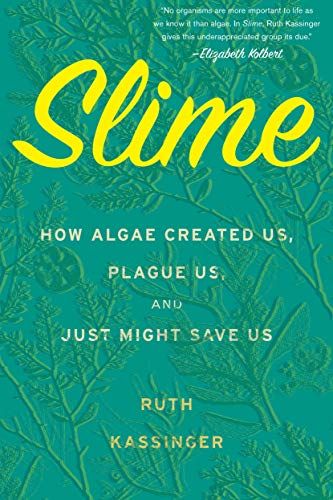Sep 19, 2019
How to Feed a Mars Colony of 1 Million People
Posted by Klaus Baldauf in categories: food, space travel, sustainability
What might it take to feed a million people on Mars? Lab-grown meat, tunnel-grown crops and cricket farms, a new study finds.
When it comes to plans for crewed missions to Mars, NASA typically assumes round trips with only brief stopovers on the Red Planet. However, commercial space companies have emerged with the goal of colonizing outer space, with SpaceX specifically aiming to develop a civilization on Mars.


















